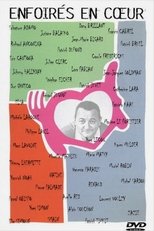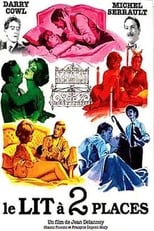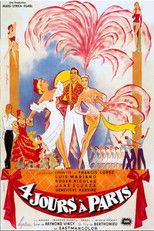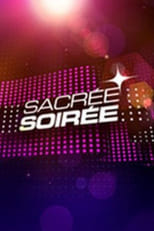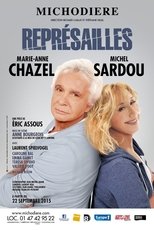Michel Sardou
¿Quién es Michel Sardou?
He is known not only for his love songs ("La maladie d'amour", "Je vais t'aimer"), but also for songs dealing with various social and political issues, such as the rights of women in Islamic countries ("Musulmanes"), clerical celibacy ("Le curé"), colonialism ("Le temps des colonies", "Ils ont le pétrole mais c'est tout") or the death penalty ("Je suis pour"). Another sometimes controversial theme found in some of his songs ("Les Ricains" and "Monsieur le Président de France" for example) is his respect and support for the culture and foreign policies of the United States of America. He has been accused of being a racist due to his 1976 song "Le temps des colonies", in which a former colonial soldier proudly tells his memories of colonialism, but Sardou has always claimed the song was sarcastic. His 1981 single "Les lacs du Connemara" was an international hit (especially in the Netherlands). A number of his hit songs were written in collaboration with Jacques Revaux and Pierre Delanoë, a few others (most notably "En chantant") with Italian singer Toto Cutugno.
Sardou sold out eighteen consecutive dates at Palais Omnisports de Paris-Bercy in 2001, while his 2004 album Du plaisir went straight to the number one spot on the French album charts. With a recording career of fifty years, Sardou has released 25 studio albums, 18 live albums and has recorded more than 350 songs (chiefly in French but also in Spanish, Italian and even English) and has sold more than 100 million records. Currently he is considered as one of the most popular artists in the Francophone world and one of the most lucrative, both in sales and in his shows.
Michel Sardou was born on 26 January 1947 in Paris. His father, Fernand Sardou, was a singer and an actor while his mother, Jackie Sardou was an actress. His paternal grandfather, Valentin Sardou, was a comedian in Marseille, while his grandmother was a singer.
Sardou left school at 17.
Sardou began working as a waiter in his father's cabaret in Montmartre. He eventually met Michel Fugain and auditioned for Eddie Barclay. In 1965, Sardou began his recording career with "Le madras", co-written with Michel Fugain and Patrice Laffont.
In 1967, his career really picked up, thanks to censorship: while France left NATO's integrated military command and the Vietnam War was causing anti-American sentiment in France, Sardou released "Les Ricains" (The Yanks), a song which stated the debt of gratitude towards the US for the liberation of France. Charles de Gaulle did not like the song and he advised against its broadcast on state radio and television. This gave the singer a new notoriety, and the song let him lay the foundations for his future artistic style. However, from 1967 to 1970, he still found it difficult to have big hits. ...
Source: Article "Michel Sardou" from Wikipedia in English, licensed under CC-BY-SA.
Trabajos destacados
Géneros más habituales en las películas de Michel Sardou
Géneros más habituales en las series de Michel Sardou
Compañeros de trabajo recientes de Michel Sardou
Las imágenes y retratos de actores y actrices mostrados en este sitio web son obtenidos de la base de datos pública de The Movie Database (TMDb), utilizada bajo los términos y condiciones de dicha plataforma. En caso de que alguna imagen o fotografía sea incorrecta, ofensiva, o pueda infringir derechos de imagen o copyright, puede ser editada o eliminada directamente en TMDb. Esto provocará su eliminación automática en este sitio web. Adicionalmente, si usted desea solicitar la eliminación de una imagen directamente en nuestro sitio web, puede utilizar el formulario de contacto ubicado al pie de la página. Atenderemos su solicitud de manera expedita y tomaremos las medidas necesarias para garantizar el cumplimiento de los derechos aplicables.
The images and portraits of actors and actresses displayed on this website are sourced from the public database The Movie Database (TMDb), used in accordance with its terms and conditions. If any image or photograph is incorrect, offensive, or may infringe image rights or copyright, it can be edited or removed directly on TMDb. This will automatically result in its removal from this website. Additionally, if you wish to request the removal of an image directly from our website, you may use the contact form located at the bottom of the page. We will promptly address your request and take the necessary measures to ensure compliance with applicable rights.









